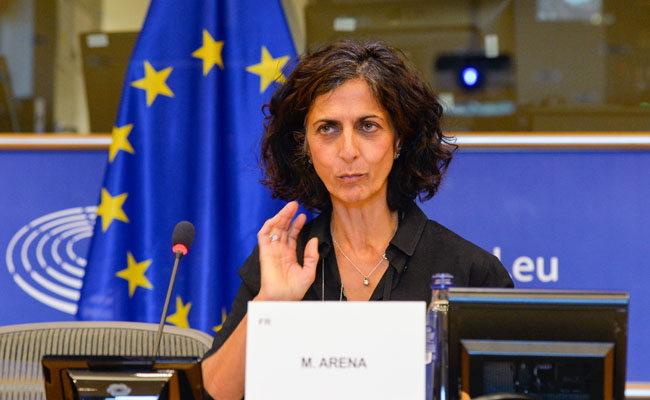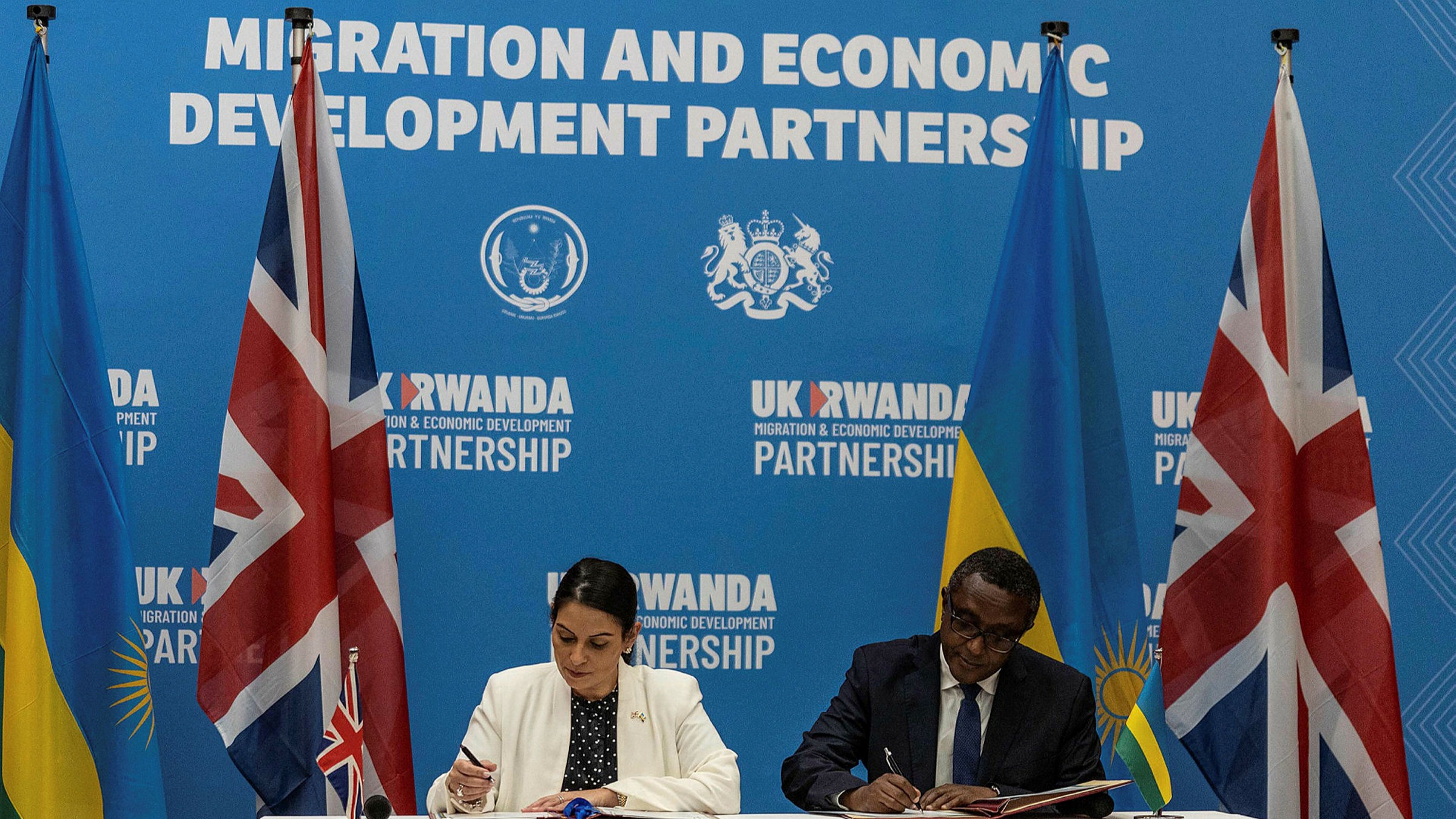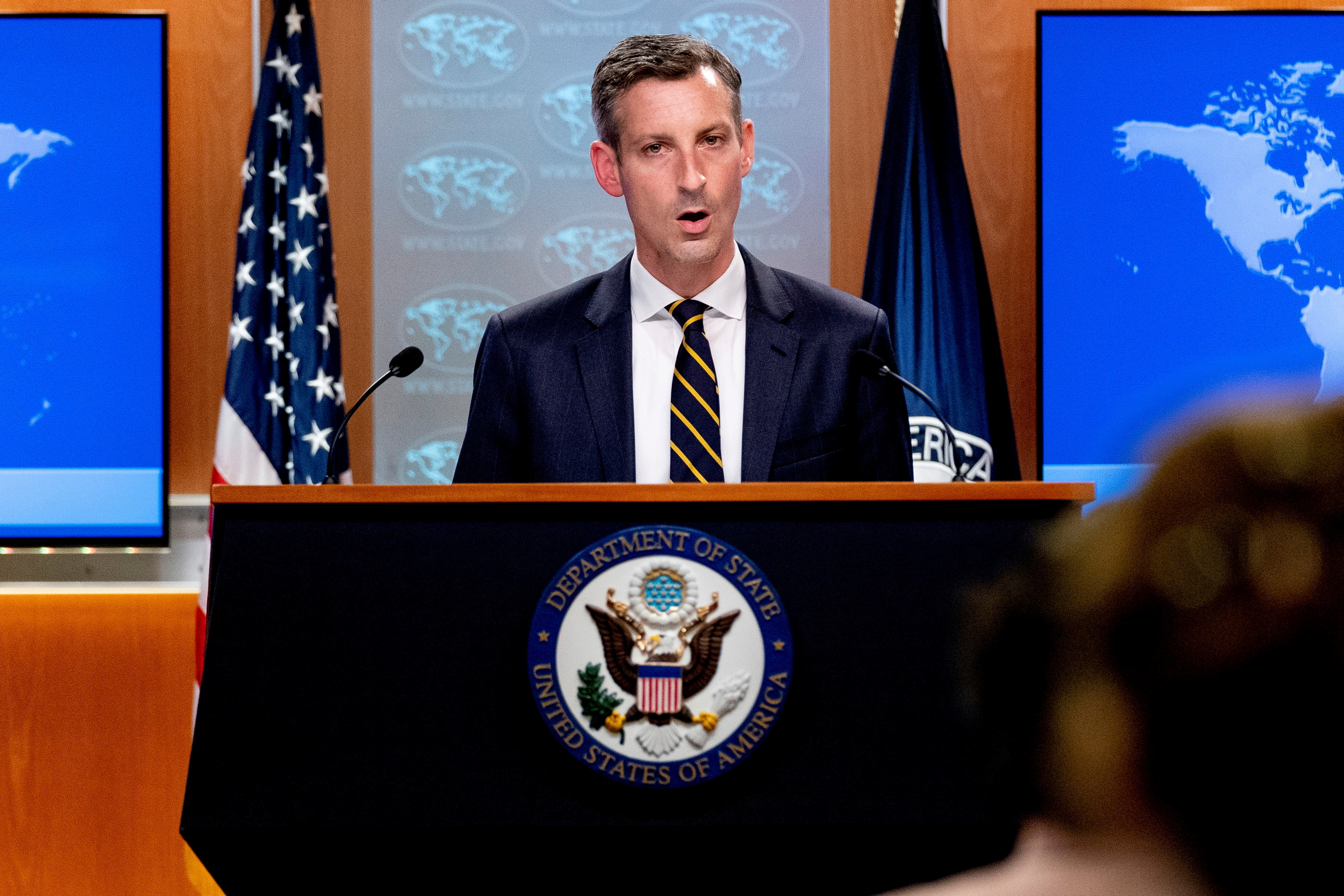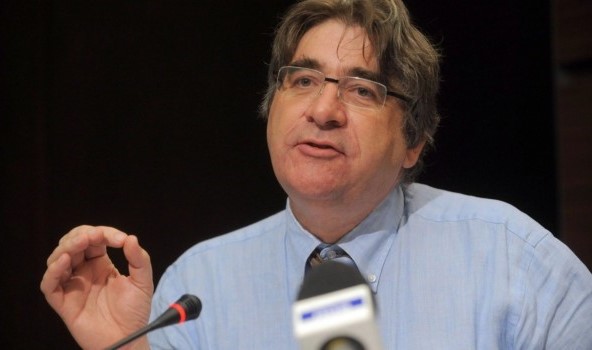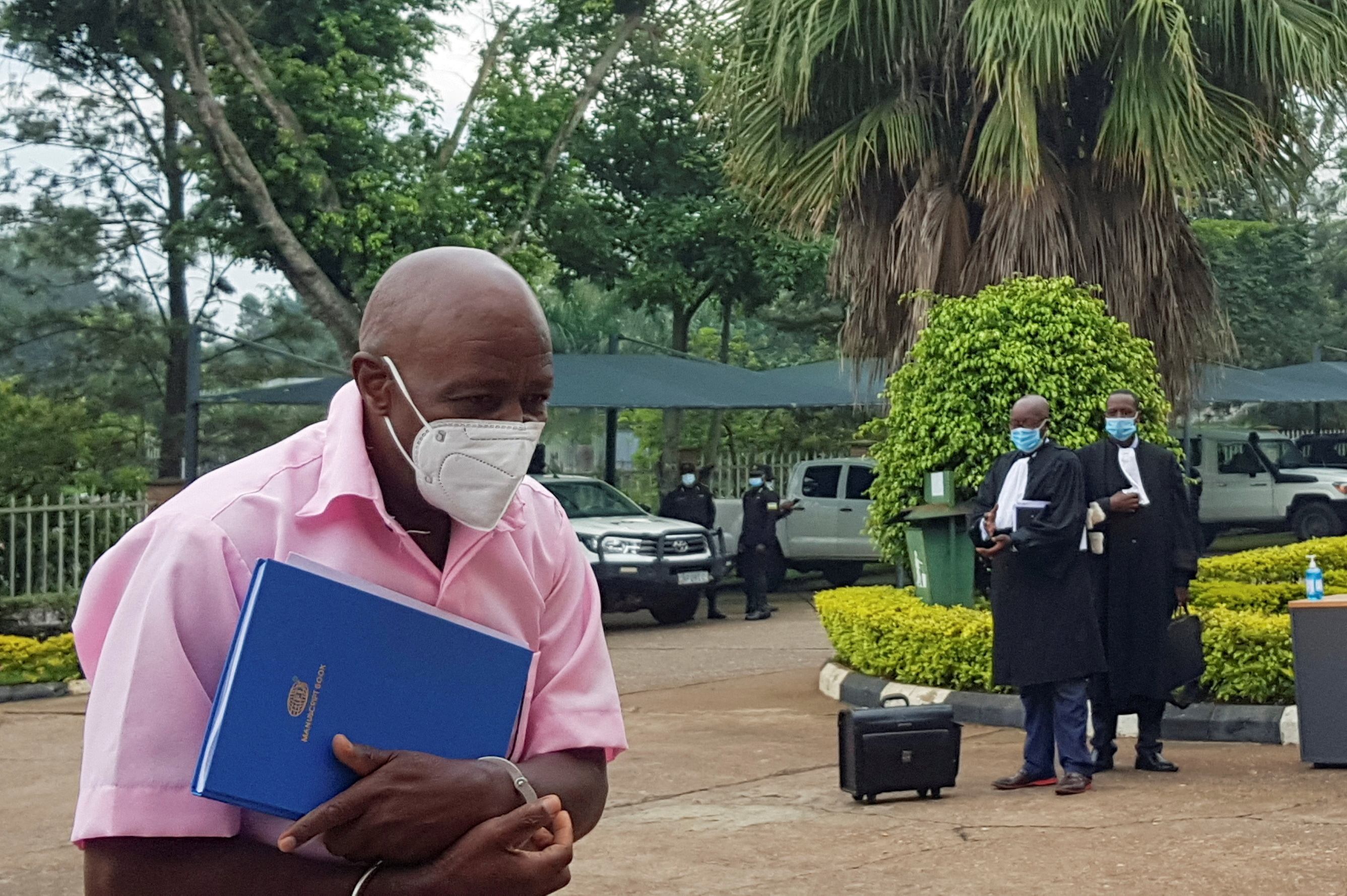International
Tshisekedi tells Davos that Rwanda blocks region’s development. Is this true?
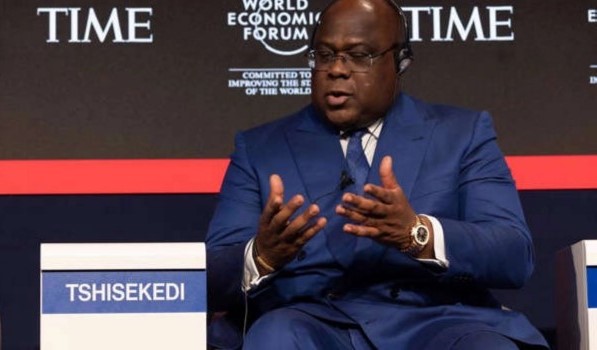
On January 17,
while in Davos for the World Economic Forum, Congolese President
Félix Tshisekedi said that Rwanda was blocking regional development
through the alleged support for the M23 rebels in eastern DRC.
On
several occasions, the Congolese leader has found it easy to blame Rwanda for almost all his appalling leadership
shortfalls, and seems to conveniently ignore basic verifiable facts while making
his claims.
On
the sidelines of the World Economic Forum, Tshisekedi had a
sit-down with Bloomberg. He claimed that
Rwanda is blocking economic development in the region. But his charge echoes spectacularly on poor facts.
In 2021, Rwanda
and DRC signed a series of agreements to promote trade and investments. Soon
after the signing of the bilateral agreements, trade and business between the
two countries was booming. Rwanda’s national carrier, RwandAir, commenced regular flights to Kinshasa.
Shortly
after a new route to Goma was launched, the DRC Government decided to unilaterally terminate all the bilateral
agreements it had signed with Rwanda.
The economic
development of the DRC is severely inhibited owing to a lack of reliable
electricity, caused by insufficient generation capacities and limited and
fragmented networks. As a consequence, the country has a very low rate of power
access and consumption. This is particularly true in North Kivu and South Kivu. Rwanda exports 10MW of electricity, and
supplies 2.1 million litres of water to the neighboring city of Goma, the capital of North Kivu province.
Additionally,
Rwanda pledged to build a modern integrated
model village in Goma to benefit some hundreds of Congolese who live in high
risk zones, near the active volcano of Nyiragongo.
It is therefore impossible to think that beyond all these efforts to
develop transboundary infrastructure that will benefit the region, Rwanda turns
and sabotages the developments.
The DRC’s
security crisis and dysfunctional government is the only thing limiting the
region’s development agenda.
Presently, there
are more than 130 armed groups operating in the country’s restive east. Many of
these groups receive support from the Congolese government.
These local and
foreign armed groups include FDLR – a Rwandan genocidal terror group formed by
remnants of the masterminds of the 1994 Genocide against the Tutsi – and ADF,
the Ugandan Islamic terror group which is part of Islamic State's Central
Africa Province. Atrocities committed by armed groups in eastern DRC have
become part of a systematic pattern to disrupt lives, instill fear and create havoc.
But what makes
the country a safe haven for terror groups? Corruption, weak governance and
impunity are among the reasons why armed groups found a comfort zone in the
country’s restive east.
But Tshisekedi
lacks the political will to implement the regional integration agenda, and solve
the prevailing security challenges in DRC.
Despite having
the potential of being the richest country in the world in terms of mineral
resources, DRC so remains poor. Over 60 million Congolese live on less than two
dollars a day.
Its unexploited
minerals are estimated at $24 trillion. This is because potential regional and
international investments shy away from the troubled country due to the current
insecurity crisis especially in the east, halting any possible intra-state
trade and business development.
It is a fact
that investment from other countries supports growth and development, creates
jobs and enhances welfare. But one consideration that comes with eliminating
barriers to capital inflows, is the potential risk for the host country’s
national security or public order. Kinshasa has failed to manage these risks.
Without
security, especially in eastern DRC, talking of business, investment and
tourism will be a wishful thinking.



